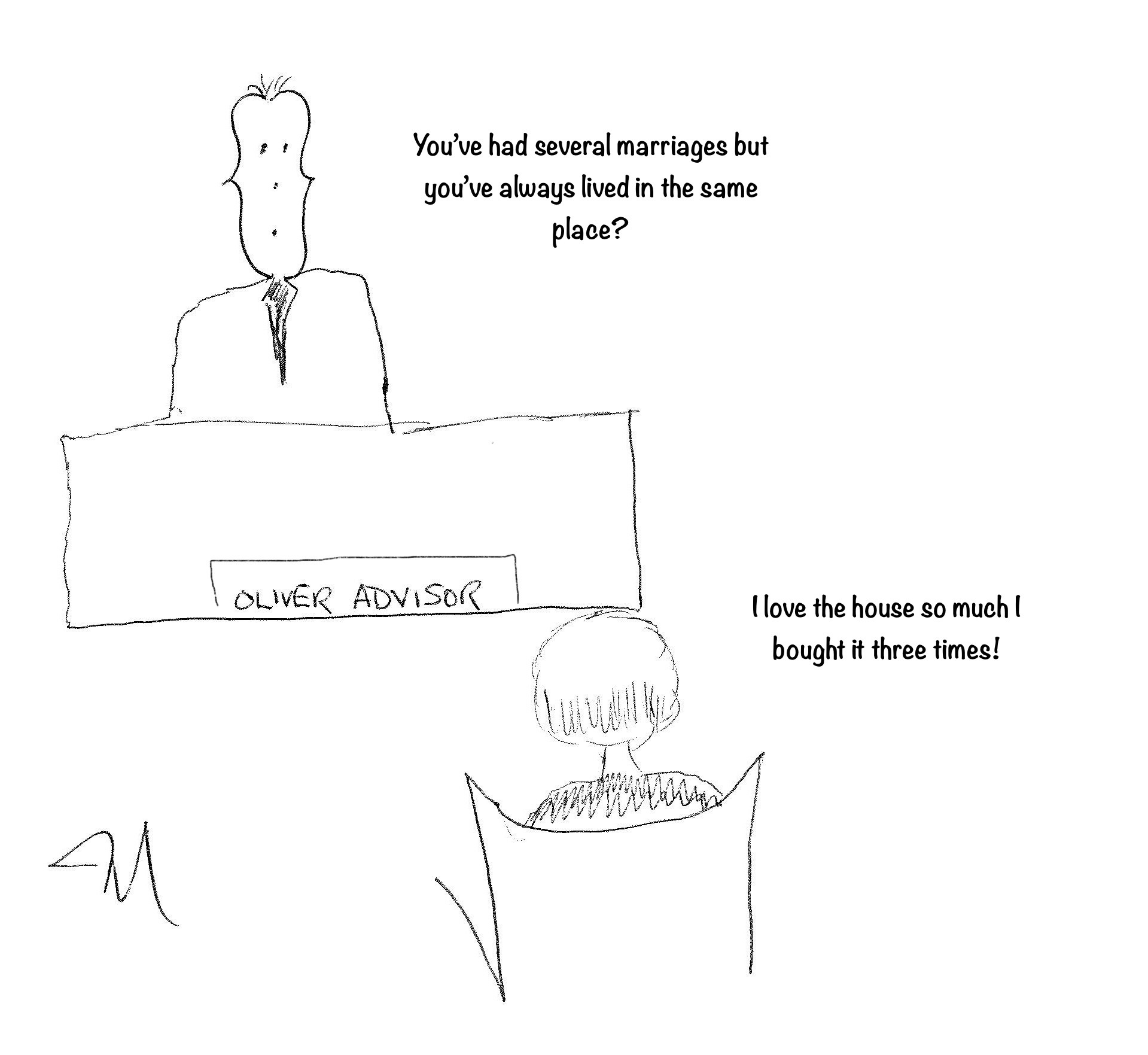Every time I send this newsletter, I get a number of replies with feedback and comments. It will also prompt those of you on the list – people in my broader network – to start a conversation with me about your own finances. I’m grateful for that.
What I’ve noticed over the years, is that the motivation on the part of the reader who reaches out to me is often emotionally charged. It usually has less to do with their money and more to do with where their money meets their life and is causing stress. It often involves family dynamics. One spouse may have different priorities. One child may have greater challenges with money. Whatever the case, people often want someone they can talk to. And it usually seems to be to get things off their chest as much as it is to gain technical or financial information and insight.

While I’ve seen a wide range of circumstances and each one is unique, the thing that strikes me the most is that people’s problems are never as bad as they think they are. I’ve had many people sit across from me in tears. And yet, I can honestly say I’ve never seen anyone whose situation was hopeless. That doesn’t mean that I could just snap my fingers or work some investing and planning magic and their problems would go away. But I could usually break the problem down into small, workable parts and propose actions that would move them toward more security and less stress. The first conversation usually ends with “I feel a lot better”.
Like a lot of things in life, we get up into our heads with financial issues – especially if they clash with family dynamics and they carry the emotions and expectations that come with facing challenges with others. And like a lot of things in life, it helps to talk it through with someone who is detached from the drama and who can offer a different perspective.
In a previous blog, I argued that some money keeps our life condition from being awful, but more money doesn’t bring us more happiness. In a related way, money problems are often not about money but about our values and priorities being at odds with those of the ones closest to us. More often, the conflict is internal because we impose conditions and expectations on ourselves; we make assumptions and we beat ourselves up about what “we should do”.
If it will help to have someone with financial knowledge in his head and a lot of passion for his work, for people, and for life in his heart, then reply to this, and let’s get the conversation started. I’m up to the challenge of being able to make you say, “ I feel a lot better”.

